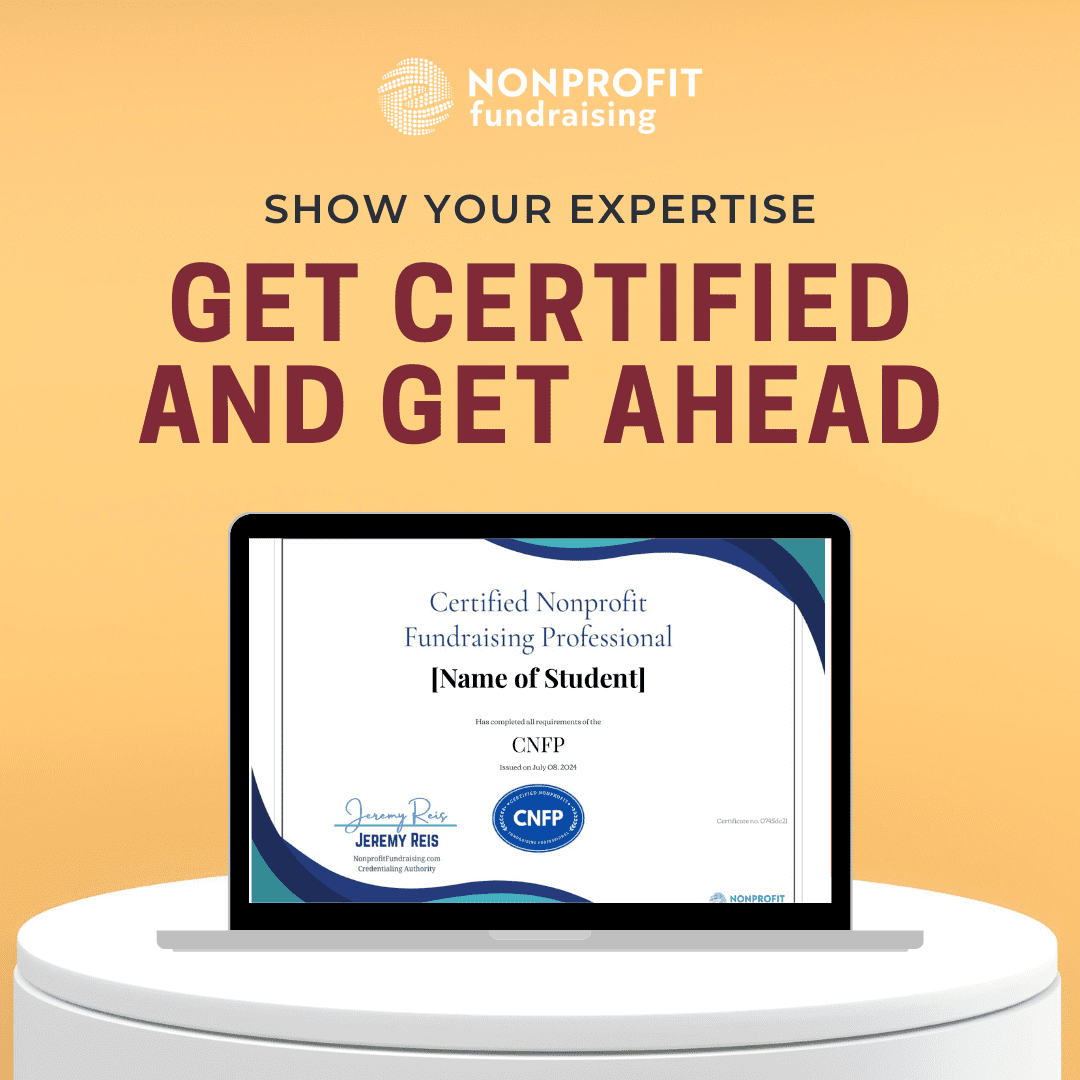Businesses want to support causes that align with their customers and staff. In 2024, this will continue to grow with businesses using their marketing budget to demonstrate how much they care about specific causes.
This trend is about how nonprofits can team up with businesses to boost their fundraising, spread their message, and make a bigger impact. Nowadays, more companies want to support important causes, and that’s great news for nonprofits. These partnerships can bring extra resources, help reach new people, and create powerful campaigns that people really care about.
Table of Contents
We’ll guide you through setting up successful partnerships with businesses. We’ll talk about how to find the right company to partner with and how to create campaigns that truly reflect your nonprofit’s goals while also fitting well with the company’s brand. We’ll also dive into how to keep these partnerships strong and beneficial for everyone involved. By understanding how these collaborations work, your nonprofit can use cause-related marketing to really get your message out there and bring in more support for your cause.
How Do I Partner with Businesses for More Cause-Related Marketing?
Nonprofits can forge impactful cause-related marketing partnerships with businesses by strategically aligning mutual goals, values, and audiences. Here’s how nonprofits can approach and cultivate these beneficial relationships:
Identify Alignment in Mission and Values
Begin by identifying businesses that share similar values or have a vested interest in your cause. A genuine alignment between a nonprofit’s mission and a business’s corporate social responsibility goals lays a strong foundation for a meaningful partnership. Research potential partners to understand their brand ethos, past charitable initiatives, and how they engage with their customers and the community.
Develop a Compelling Proposal
Create a well-crafted proposal that clearly outlines the benefits of the partnership for the business, such as enhanced brand reputation, increased customer loyalty, and positive PR opportunities. Emphasize how the partnership can help the business reach new audiences or deepen its connection with existing ones. Provide concrete examples of how your nonprofit has successfully engaged supporters and the impact you’ve made, demonstrating your capacity to deliver value.
Create Co-Branded Campaigns
Collaborate with your business partner to develop co-branded marketing campaigns. These campaigns should resonate with the values and interests of both your nonprofit’s supporters and the business’s customers. Effective co-branded campaigns can range from special product offerings where a portion of the proceeds goes to your nonprofit, to joint events, social media campaigns, or volunteer initiatives. Ensure that the campaign messaging is consistent and authentically represents both parties.
Leverage Each Other’s Strengths
Utilize the strengths of each partner for mutual benefit. Nonprofits can offer deep insights into the cause, stories of impact, and access to a dedicated supporter base. Businesses, on the other hand, can provide marketing expertise, financial resources, and a broad customer base. Collaborate closely to ensure that each partner’s assets are effectively leveraged in the campaign.
Ensure Transparency and Accountability
Maintain transparency throughout the partnership, especially in terms of how funds are raised and used. Clear communication about the impact of the partnership not only builds trust but also reinforces the credibility of both the nonprofit and the business. Regularly update each other and your respective audiences on the partnership’s progress and the tangible outcomes of the joint initiatives.
Evaluate and Celebrate Success
After the campaign, evaluate the results against the objectives set at the beginning of the partnership. Assess metrics such as funds raised, awareness generated, and engagement levels. Celebrate the successes and share the achievements with your supporters and the business’s customers. Use the insights gained from the campaign to refine future initiatives and strengthen the partnership.
By approaching cause-related marketing partnerships thoughtfully and strategically, nonprofits can unlock powerful opportunities to advance their mission, increase their impact, and build enduring relationships with the business sector.

